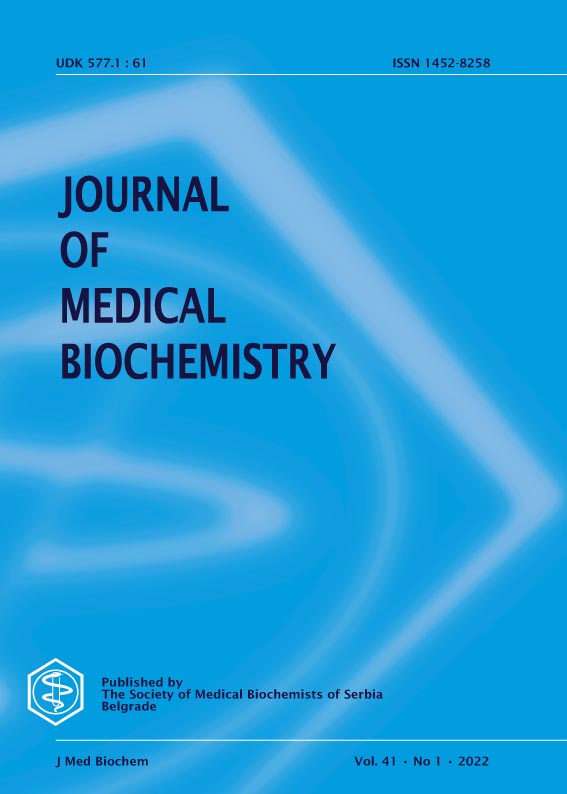Cul4a attenuira akutnu povredu bubrega izazvanu LPS-om putem blokiranja NF-B signalne putanje u sepsi
Effect of Cul4a in septic acute kidney injury
Sažetak
Background: Acute kidney injury (AKI) is a common disease that can develop into end-stage kidney disease. Sepsis is one of the main causes of AKI. Currently, there is no satisfactory way to treat septic AKI. Therefore, we have shown the protective function of Cul4a in septic AKI and its molecular mechanism.
Methods: The cellular and animal models of septic AKI were established by using lipopolysaccharide (LPS). Western blot (WB) was employed to analyze Cul4a expression. RT-qPCR was employed to test the expression of Cul4a, SOD1, SOD2, GPX1, CAT, IL-6, TNF-α, Bcl-2, IL-1β, Bax and KIM-1 mRNA. ELISA was performed to detect the contents of inflammatory factors and LDH. CCK-8 was utilized to detect the cell viability. Flow cytometry was utilized to analyze the apoptosis. DHE-ROS kit was used to detect the content of ROS.
Results: Cul4a was down-regulated in cellular and animal models of septic AKI. Oxidative stress is obviously induced by LPS, as well as apoptosis and inflammation. However, these can be significantly inhibited by up-regulating Cul4a. Moreover, LPS induced the activation of the NF-κB pathway, which could also be inhibited by overexpression of Cul4a.
Conclusion: Cul4a was found to be a protective factor in septic AKI, which could inhibit LPS-induced oxidative stress, apoptosis and inflammation of HK-2 cells by inhibiting NF-κB pathway.
Sva prava zadržana (c) 2021 Jing Zhao, Qiuxia Duan, Cuihong Dong, Jing Cui

Ovaj rad je pod Creative Commons Autorstvo 4.0 međunarodnom licencom.
The published articles will be distributed under the Creative Commons Attribution 4.0 International License (CC BY). It is allowed to copy and redistribute the material in any medium or format, and remix, transform, and build upon it for any purpose, even commercially, as long as appropriate credit is given to the original author(s), a link to the license is provided and it is indicated if changes were made. Users are required to provide full bibliographic description of the original publication (authors, article title, journal title, volume, issue, pages), as well as its DOI code. In electronic publishing, users are also required to link the content with both the original article published in Journal of Medical Biochemistry and the licence used.
Authors are able to enter into separate, additional contractual arrangements for the non-exclusive distribution of the journal's published version of the work (e.g., post it to an institutional repository or publish it in a book), with an acknowledgement of its initial publication in this journal.

